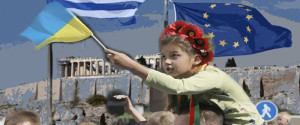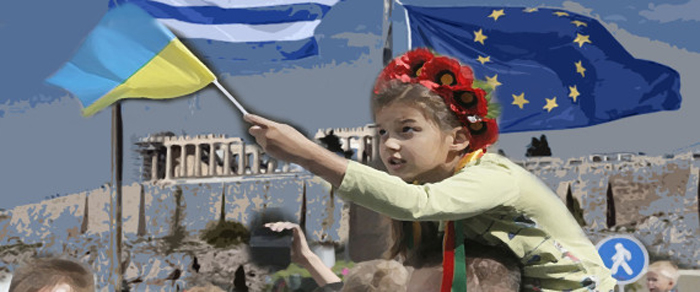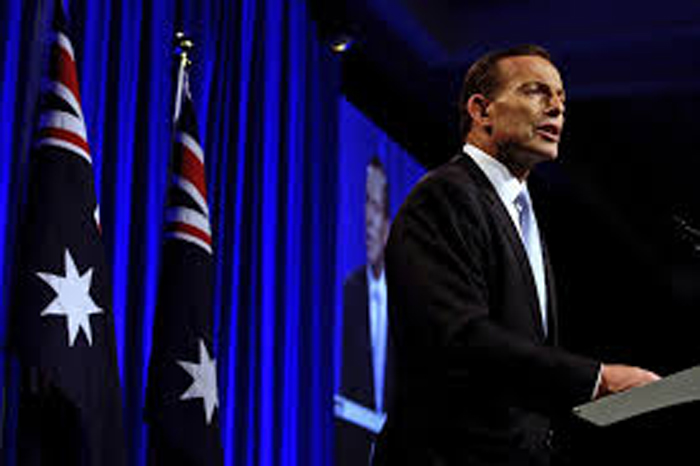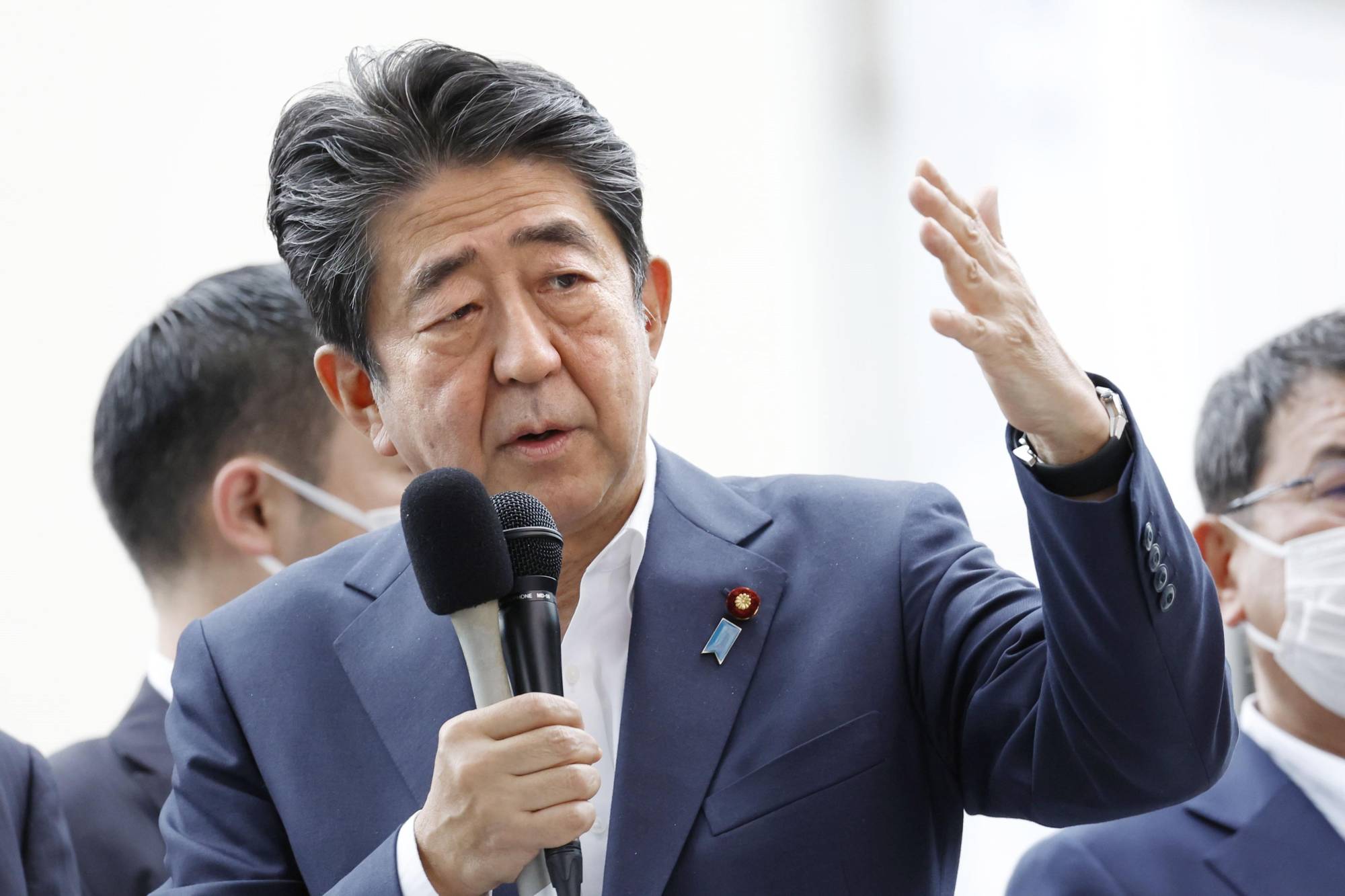Source: huffingtonpost.in
Though nothing is finally settled, Europe this week breathed a sigh of relief.
Greece’s Syriza-led government backed down in its confrontation with its EU partners over austerity policies and, after bloody skirmishes in the early days of a new cease-fire agreement, the combatants in Ukraine backed off.
Not everyone was happy in Greece, though. Manolis Glezos, a 92-year-old WWII Greek resistance hero and prominent member of Syriza, writes that “I apologize to the Greek people for collaborating in this illusion” that the new government would break free of the crushing bailout constraints. Greek journalist Thanos Dimadis argues that standing up to Germany on Greek terms was itself a victory despite compromises.
Writing from Kyiv, former Ukrainian Prime Minister Yulia Tymoshenko hopes that “Minsk 2.0” will bring peace, but worries that there is no enforcement mechanism.
This week “Forgotten Facts” reviews the past experience of agreements in the Ukraine crisis that inevitably gave way to renewed fighting.
Writing from Brussels, European parliamentarian Guy Verhofstadt says that Putin would be “hit where it hurts most” if the EU adopted a common, independent energy policy to wean it from Russian oil and gas. Looking out on the world from Moscow, analyst Fyodor Lukyanov traces the present turmoil in the world order to the erosion of the nation-state from above through integrating sovereignty, and from below, through the UN-sanctioned “right to intervene.” In an interview, former U.S. Secretary of State Madeleine Albright says “the international community has to act” if a nation does not protect its own citizens.
Writing from Beijing, Pepe Escobar observes an historic shift as China turns away from the West to the emerging economies to help build its future. Oscar-nominated producer Mike Medavoy and WorldPost Editor-In-Chief Nathan Gardels ponder the paradox of Chinese authorities cracking down on “Western values” in textbooks even as Chinese audiences throng Hollywood movies that impart those very values. WorldPost China Correspondent Matt Sheehan reports from Beijing on the “praying pig” that bowed down in front of a Buddhist temple for hours on the way to the slaughterhouse. Videos of the scene went viral. He also reports that China has suspended imports of ivory to help stem the slaughter of elephants in Africa.
In a statement exclusive to The WorldPost, British Barrister Amal Clooney writes in advance of his Mar. 8 trial in Cairo that Egyptian authorities should send Al Jazeera journalist Mohamed Fahmy home to Canada.
Nazila Fathi documents how Iranian youth are transforming their country not through political revolt but by the slow movement of lifestyle changes. From Egypt, WorldPost Middle East Correspondent Sophia Jones tells the story of one Coptic Christian who escaped from ISIS in Libya where 21 others were beheaded. She also reports from the Syrian border town of Karkamish, Turkey that all it takes to cross over to ISIS territory is $25 for a visa and a guide. J.M. Berger explains how Facebook and Twitter are fighting back against the Islamic State’s social media strategy.
In an interview with WorldPost’s Nick Robins-Early, Hussein Ibish discusses how ISIS sees itself as “God’s chosen instrument for cleansing history and bringing about the end of times.”
Echoing U.S. National Security Advisor Susan Rice, Robert K. Lifton, former president of the American Jewish Congress, says that Israeli Prime Minister Benjamin Netanyahu’s controversial speech before the U.S. Congress next week hurts Israel’s interests.
In an exclusive interview with HuffPost India in New Delhi, Nobel laureate Amartya Sen proposes how India can flourish. Indian educator Bodhisattwa Biswas addresses the challenge of keeping students from dropping out of free primary schools. Aseefa Bhutto Zardari lays out a way to eliminate polio in Pakistan.
IMF Managing Director Christine Lagarde calls for “fair play” for women in top positions in government and business. Writing from Buenos Aires Pierpaolo Barbieri warns Europeans tempted by populism to take a look at the results in Latin America. Writing from Lima, economist Hernando de Soto argues provocatively that Thomas Piketty has gotten it wrong for the Third World, where revolts like the Arab Spring are for capital, not against it.
In advance of the WorldPost “Future of Work” conference in London next week, MIT’s Andrew McAfee tells us how to prepare for “the second machine” age when robots invade the workplace. Scripps scientist Eric Topol explains how smartphones will radically change health care by putting doctors and patients on equal footing.
In Following Francis this month, Sébastien Maillard looks at how Pope Francis is revolutionizing how the Vatican operates.
Our Singularity University series this week looks at how all the world’s data could fit on a teaspoon-sized DNA hard drive. Fusion this week offers some Instagram photos that document the impact of climate change around the world.




